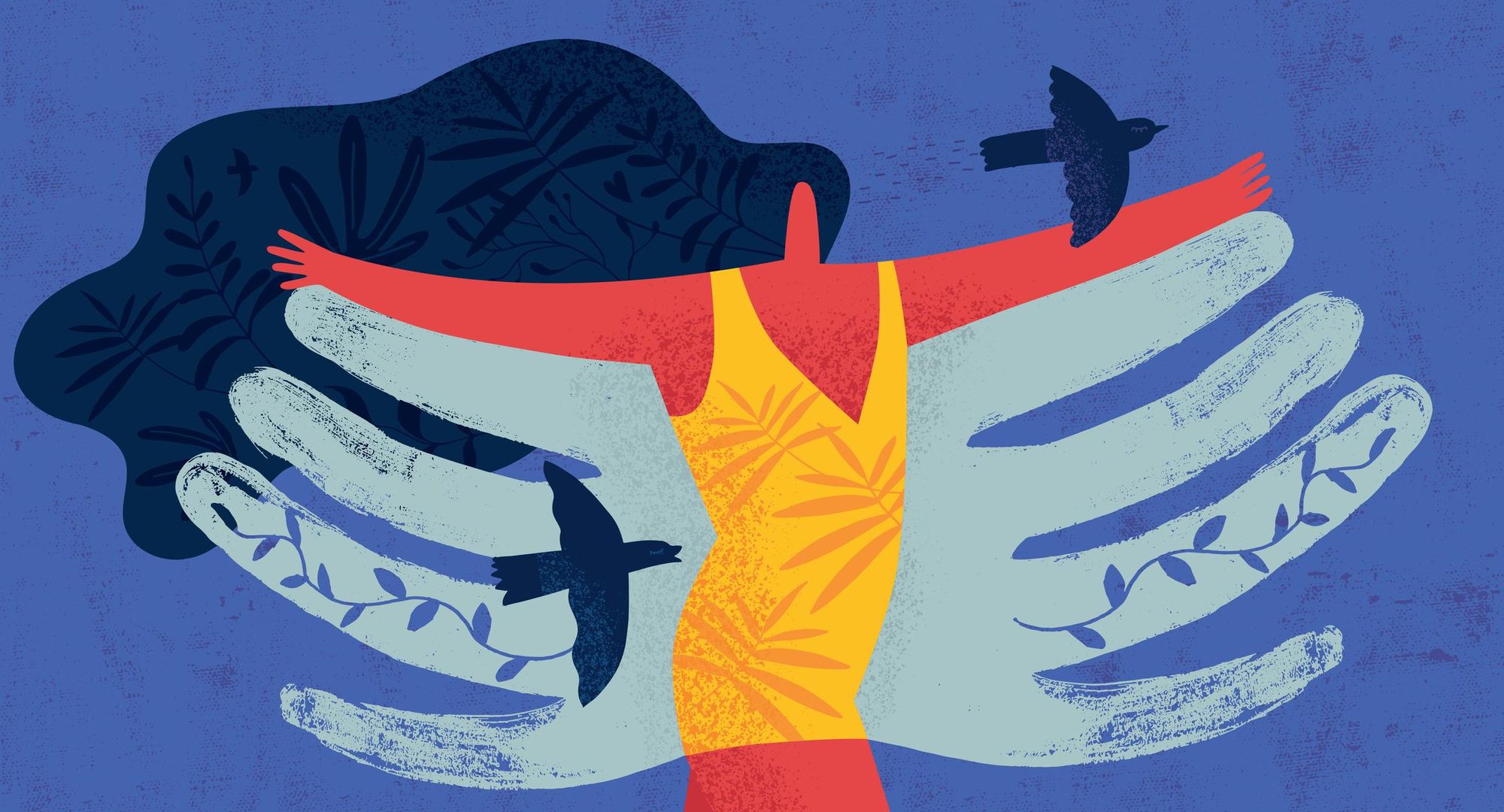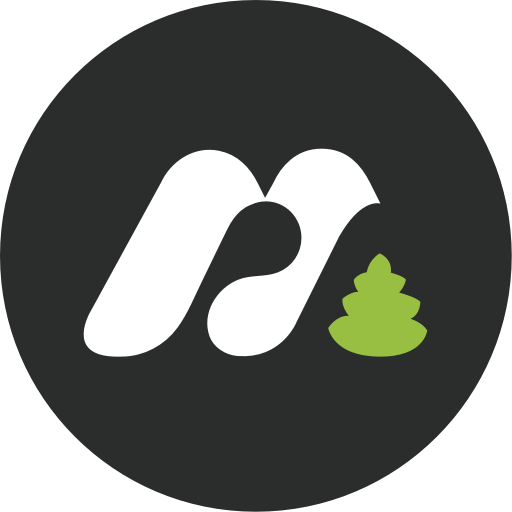Jessica Hepburn spent her forties adventuring. A self-described "unlikely athlete", she successfully swam the English Channel, ran the London marathon and even reached the summit of Mount Everest - all of which she has written books about. Her thirties, however, were spent in pursuit of motherhood, rather than adventure.
“I got into adventure via a lot of pain,” she says. “In my early 30s, my partner and I decided we wanted to have a family, but we weren't able to conceive. We were diagnosed with unexplained infertility. We went through 11 rounds of IVF and multiple miscarriages. It was a horrible time.
“I turned 43 and I still hadn't had a baby. I decided I needed to do something completely different. I decided to swim the English Channel, which was totally nuts. It was a sort of childhood-dream-turned-midlife-crisis.”
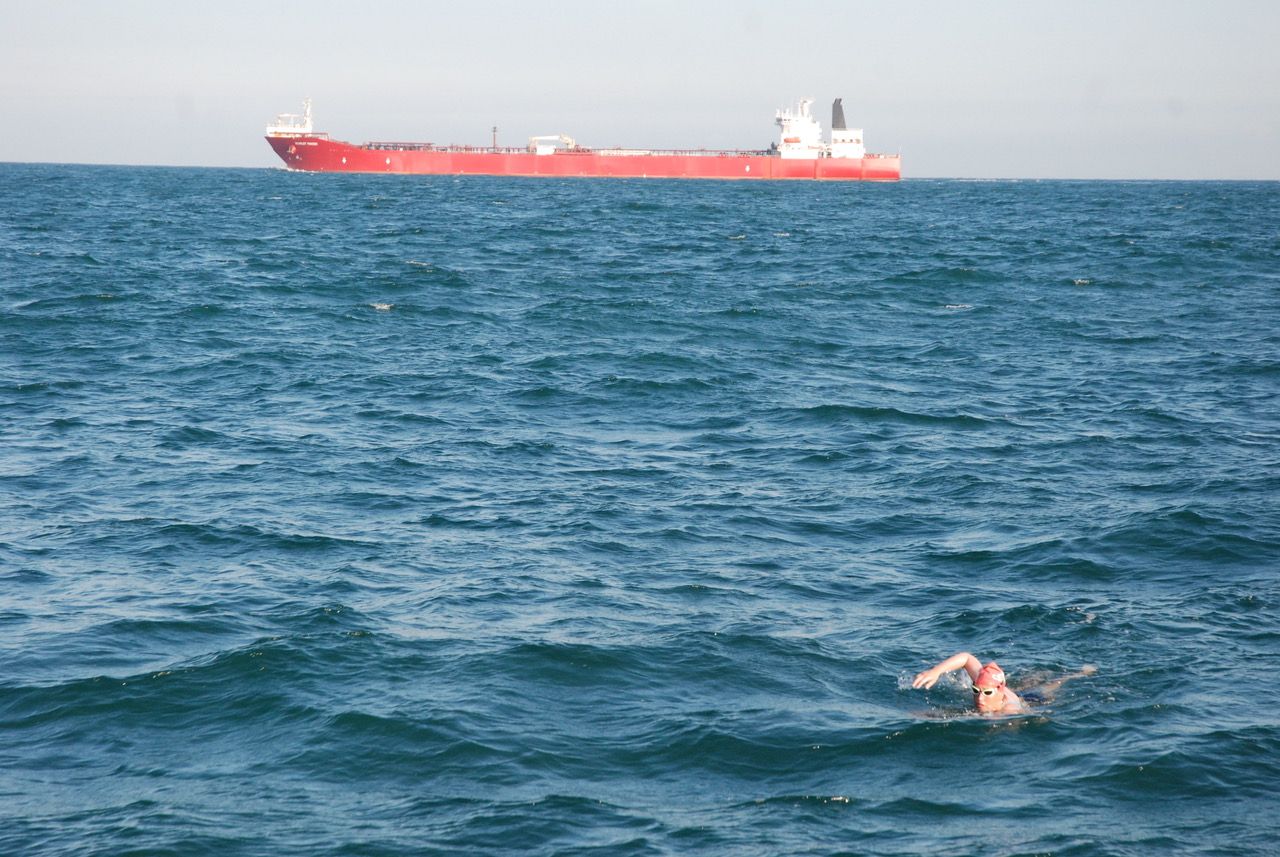
Now in her early fifties, Jessica describes herself as an "adventure activist". Her goal: to inspire people to live adventurously, even if things haven’t gone to plan.
Life doesn't unfold how you expected it to - and in your thirties, when it feels like all of your friends are buying houses, getting married and having kids, the gulf between where you are and where you want to be can be particularly upsetting.
What Are the Panic Years?
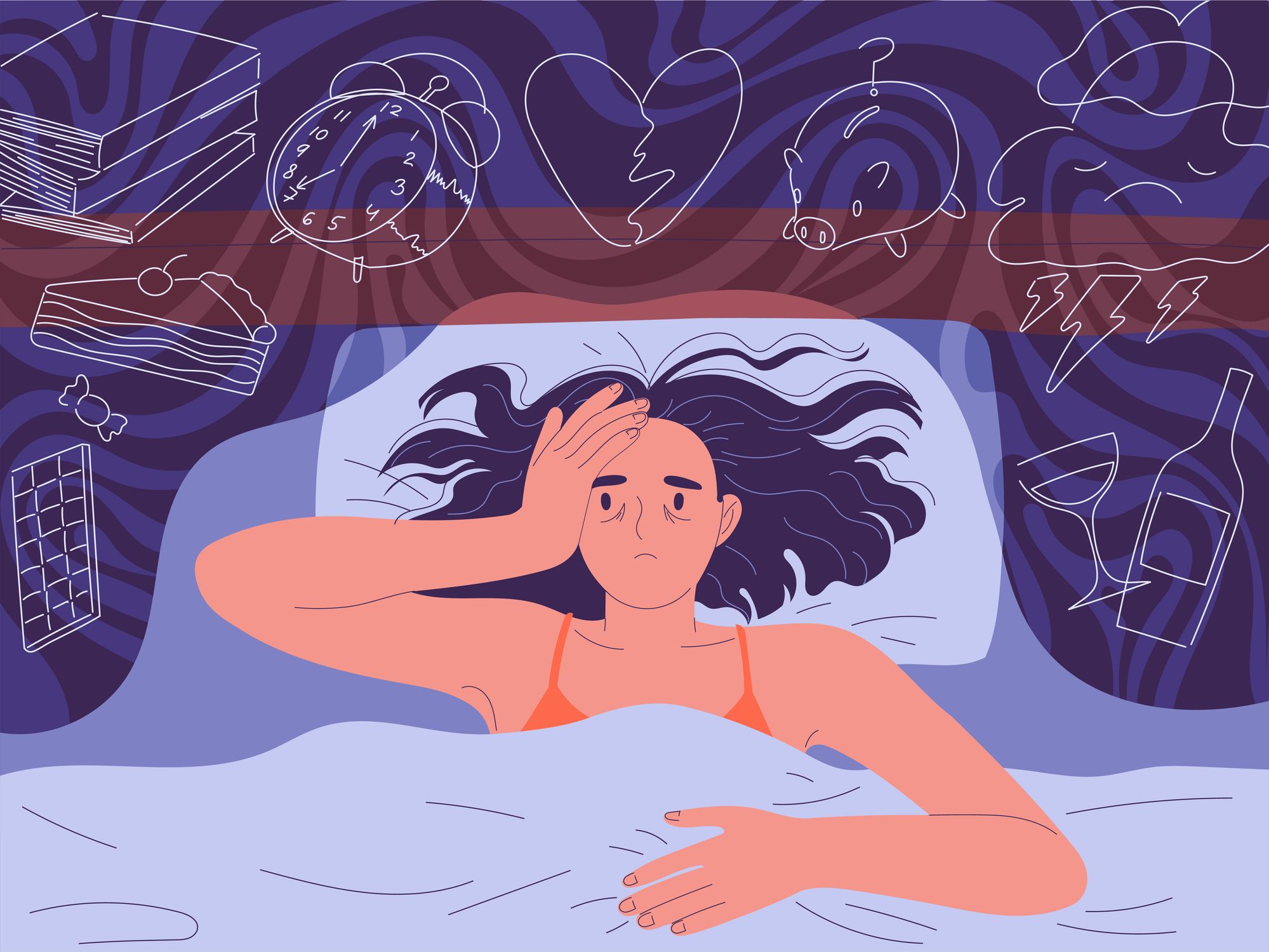
‘Panic years’ is a term coined by journalist Nell Frizzell in her book The Panic Years: Dates, Doubts, and the Mother of All Decisions. She uses it to describe the period in a woman’s life (between the ages of around 28 and 40) when she is often faced with a series of life-changing decisions around her career and relationships. But there’s one all-important question underpinning it all.
“Should you have a baby? And if so, how, where, when and with whom? It is a question that smacks into us like a train at the beginning of what I call 'the panic years', a period of turmoil in your 30s, during which all decisions about love, work, friendship or where to live are given a special sense of urgency by the fact that you can mark your declining fertility with each monthly cycle,” she writes.
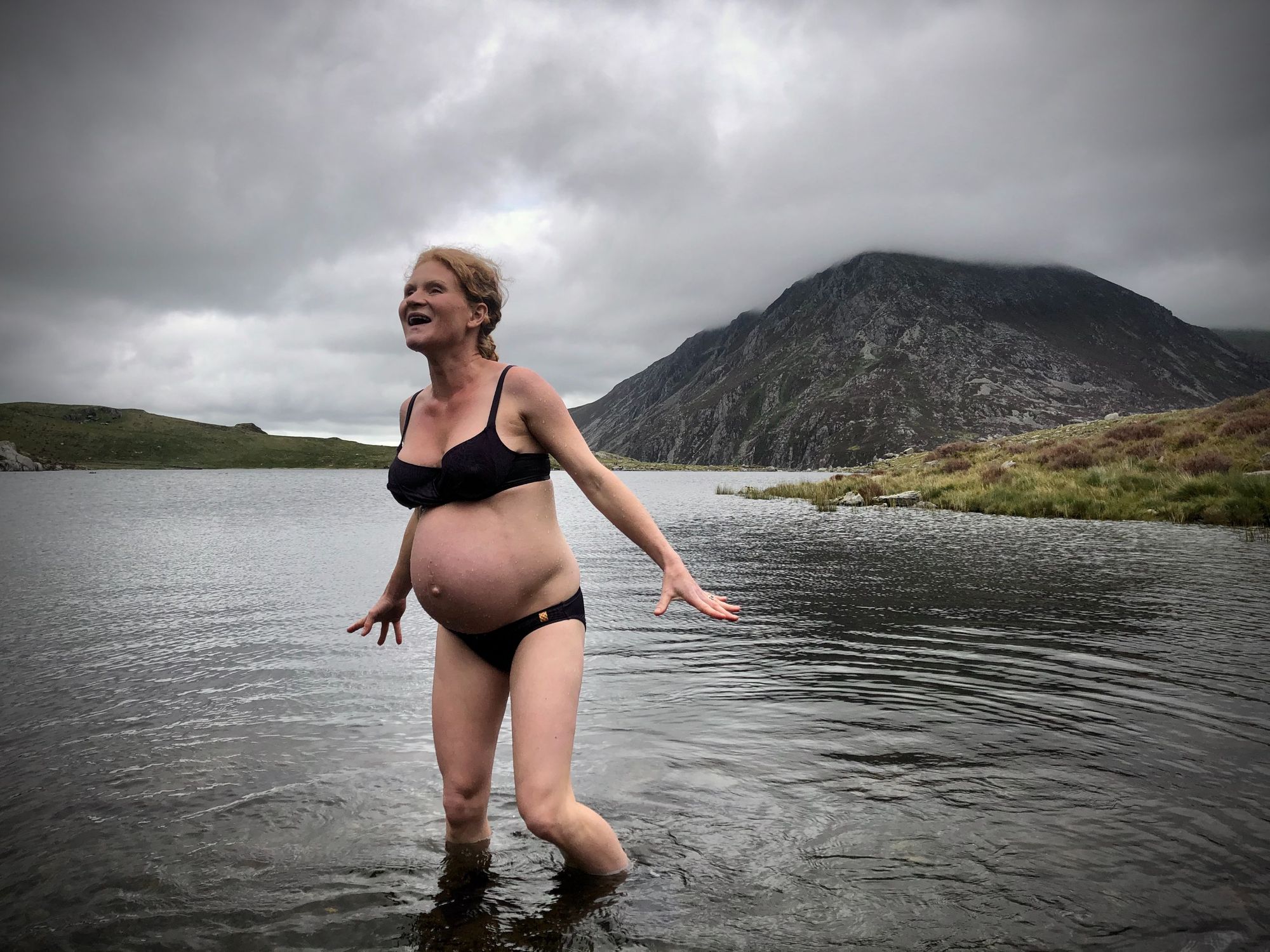
This is not to suggest that all women in their thirties are constantly beset with panic, or that such panic is gender-specific. Frizzell created the term to describe her own experience, and that of her friends. It’s also indicative of the position society puts you in as a woman - even if you’re perfectly happy being childfree, you may have experienced pressure to have a baby from family or a partner.
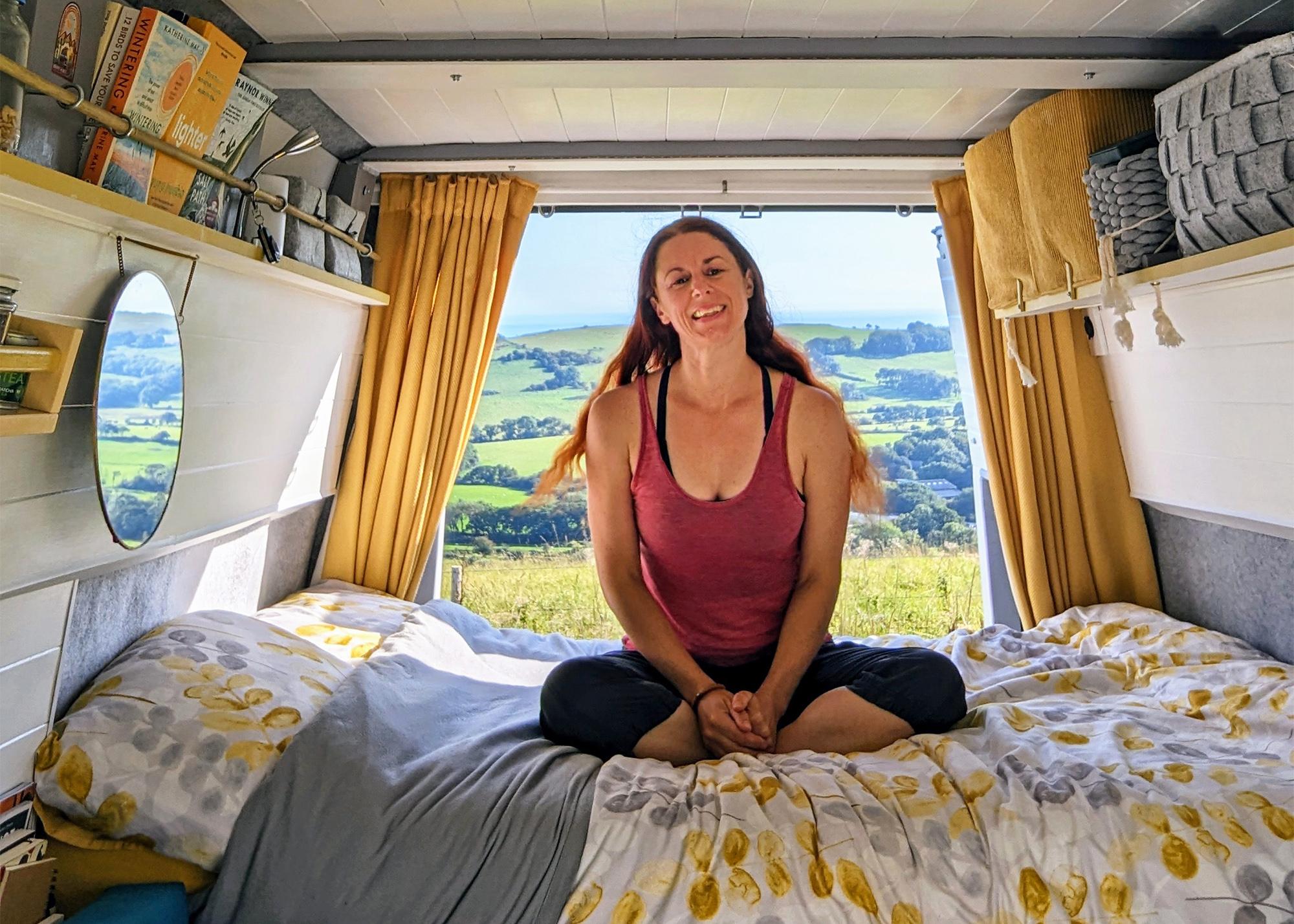
Everyone’s experience of the panic years is different. In 2011, when she was 28, Jo Hodson ditched a career in architecture for an alternative lifestyle. During the pandemic she converted a van, and now splits her time between travelling and house sitting, whilst working as a creative coach and copywriter. Her Instagram account will make you green with envy. Hodson loves the freedom her life offers her - but that doesn’t mean she’s never thought about having children.
“I spent most of my life believing I'd be a rubbish parent,” she says. “I was a kid with undiagnosed ADHD. My mum was a childminder, so I saw her as the perfect parental role model. I would come home from school burnt out and want quiet, but the house was always full of kids. She'd get frustrated at my intolerant attitude and on a number of occasions she said ‘for goodness sake Jo, never have kids, will you?’

“It was a statement made in the heat of the moment, and now I know she didn't mean it, but that bedded itself. I ruled out the option of having kids. It was only in my mid-30s that I realised the idea of being a rubbish parent was a story I carried, not the truth. I was suddenly faced with a choice that I had never even considered was a choice before.
“That was a tough time because I was in my 30s, single, suddenly wondering if I wanted kids. I didn't know who to talk to. It felt like I should know what I wanted. Most of my friends were having kids or at least had partners and stable jobs, and I didn't. I felt very alone. Without a partner in the equation that I could visualise a family with, the whole thing was so abstract - like a parallel life was unfolding in slow motion past me.”
Jo and Jessica had different experiences of the panic years, but something they both experienced was feeling out of control of what was happening to them. For Jessica, this was compounded when her relationship broke down and alternative routes to parenthood (such as surrogacy or adoption) closed off.
One of the hardest things about going through a fertility journey is that the outcome is unknown. You're living with uncertainty
“One of the hardest things about going through a fertility journey is that the outcome is unknown. You're living with uncertainty,” Jessica says. “If you knew the outcome, you could just relax and go through all the shit because you would know the ending. But nobody can tell you how your story is going to end.”
Freedom and Acceptance
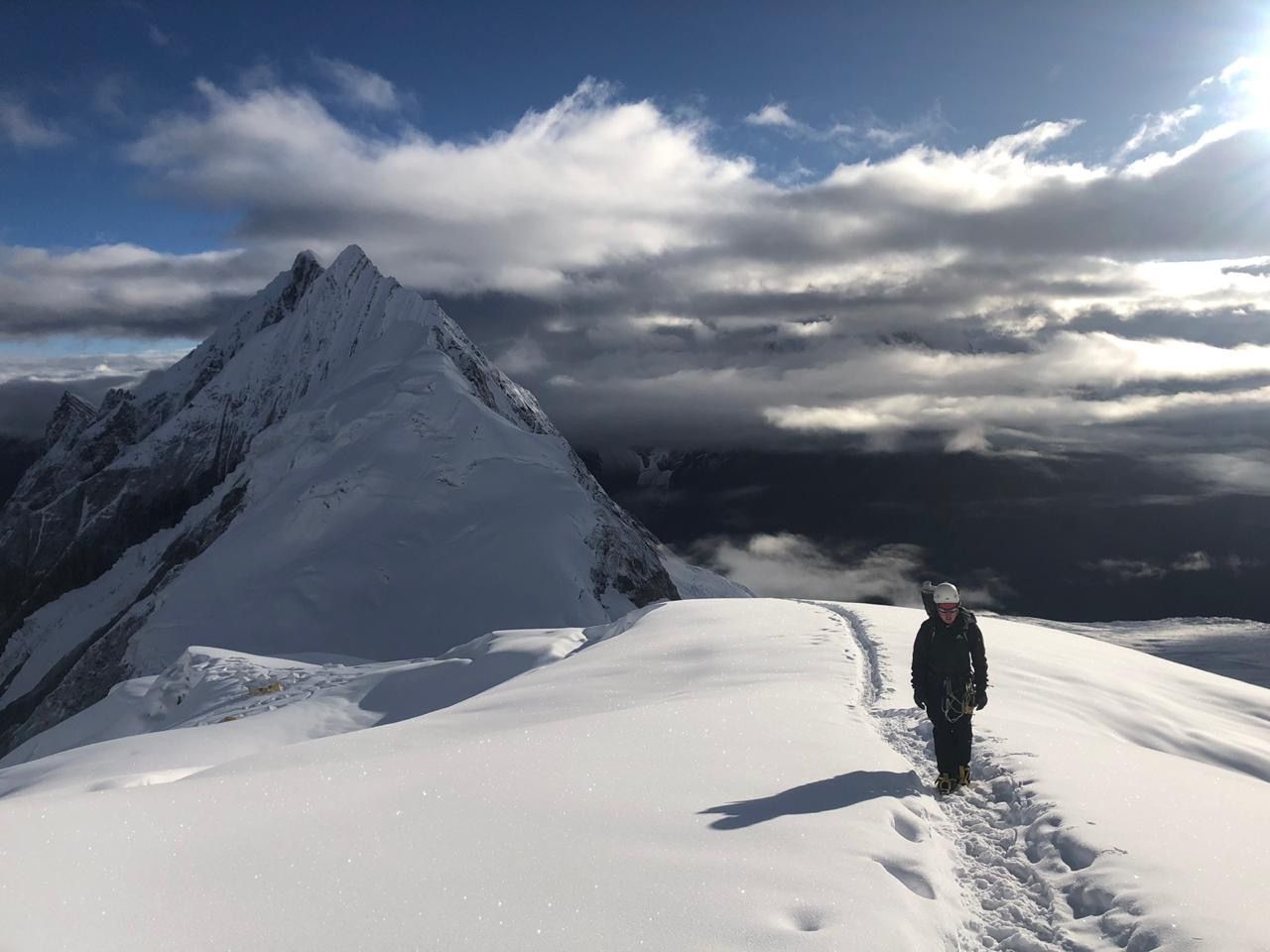
Amidst the uncertainty of the panic years, Jo and Jessica both sought to focus on things beyond motherhood in search of excitement and fulfilment. For Jo, this has been about discovering a lifestyle outside of what convention dictates - converting her van and going wherever the mood takes her. A recent diagnosis of ADHD has also helped provide acceptance.
“I spent all my thirties trying to fit in, desperately trying to prove that I was normal,” she says. But in the last couple of years I’ve put aside the whole ‘kids thing’ and taken all that noise out of the equation. I’ve also begun owning the fact that I am a bit of an alternative ADHD ‘never going to quite fit the mould’ kind of person, and that’s absolutely fine.
I look at my friends who are in more typical lives and I don't know anyone who has got more freedom than I have
“The other thing I realised is that we’re conditioned to believe that birth is delivering a baby from your own body. But there are so many other ways of birthing things, whether it be ideas or concepts, or just adopting. When I thought about what I actually wanted to give, beyond the expectations of society, I realised it’s that sense of nurturing and contributing something that’s important. I don’t need to give birth - if I decided to have a child, I'd be open to adopting. That realisation brought me a lot of peace.”
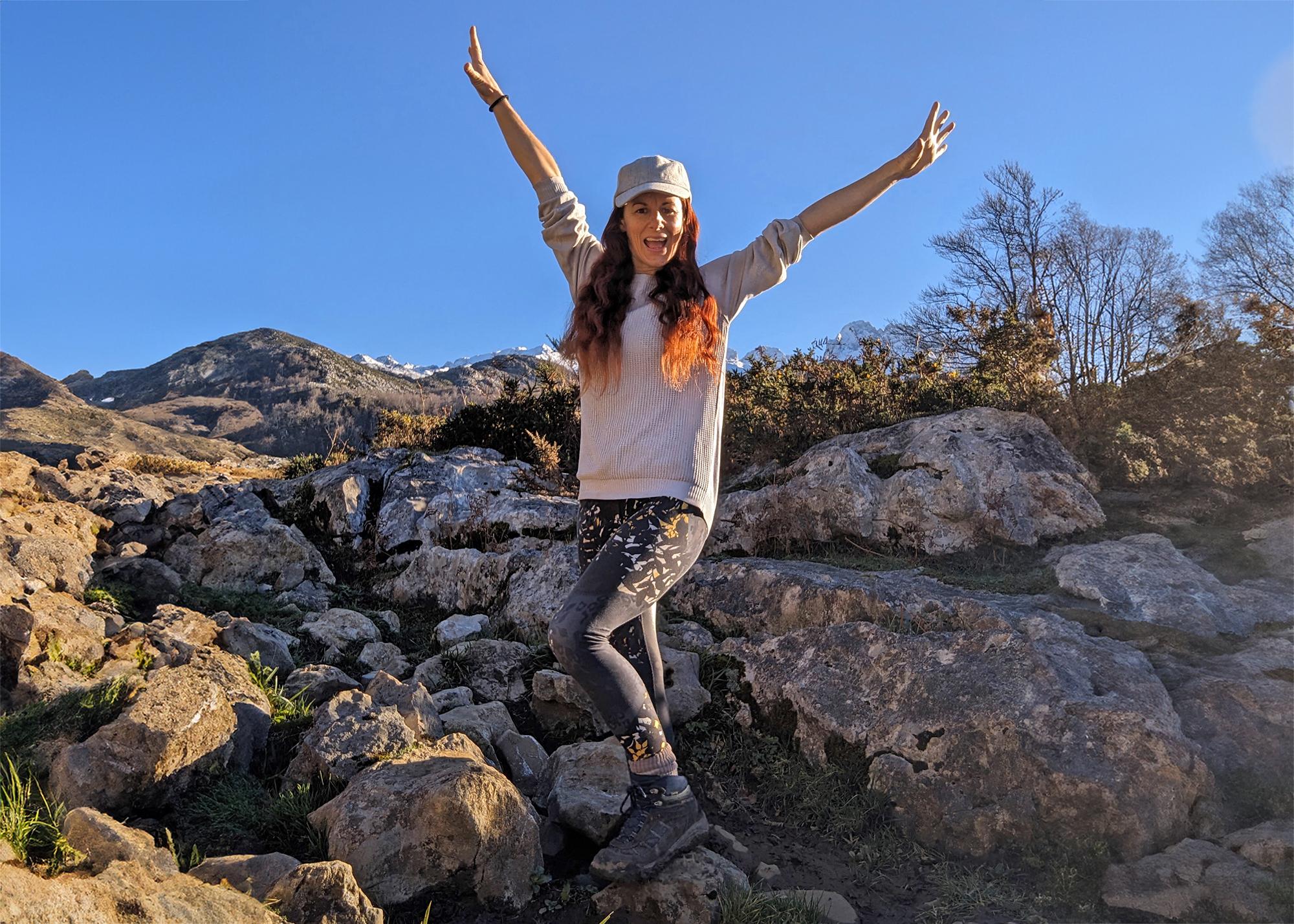
Jo is now in a new relationship, but she still lives life on her own terms, and is enjoying the benefits of a child-free lifestyle. When we spoke, she was part-way through a solo trip around Europe in her van.
“I look at my friends who are in more typical lives and I don't know anyone who has got more freedom than I have. Whilst it has its downsides and it can be very unanchored and untethered and uncertain, the payoff for that level of freedom is huge,” she says.

Jessica, now 53, has long accepted that she will not be a mother, in the biological sense of the word. But adventures, she says, have helped her heal from this heartbreak.
Adventure helps you make the most of the life that you've got in the face of the things you haven't got
“The sea and the mountains have been such journeys of redemption for me - they've created a very profound relationship between me and nature,” she says. “My relationship with nature was broken, because I felt nature hadn't given me a baby. I'm an animal. Animals reproduce. There are lots of things we can't have, but we tend to assume we'll be able to have a baby - I felt like nature let me down.
“When I realised that it didn't matter how good a swimmer I became or how hard I trained, I might not get across the channel because nature was in charge - again - it was terrifying. But then she let me get across, and it was a perfect adventure.”
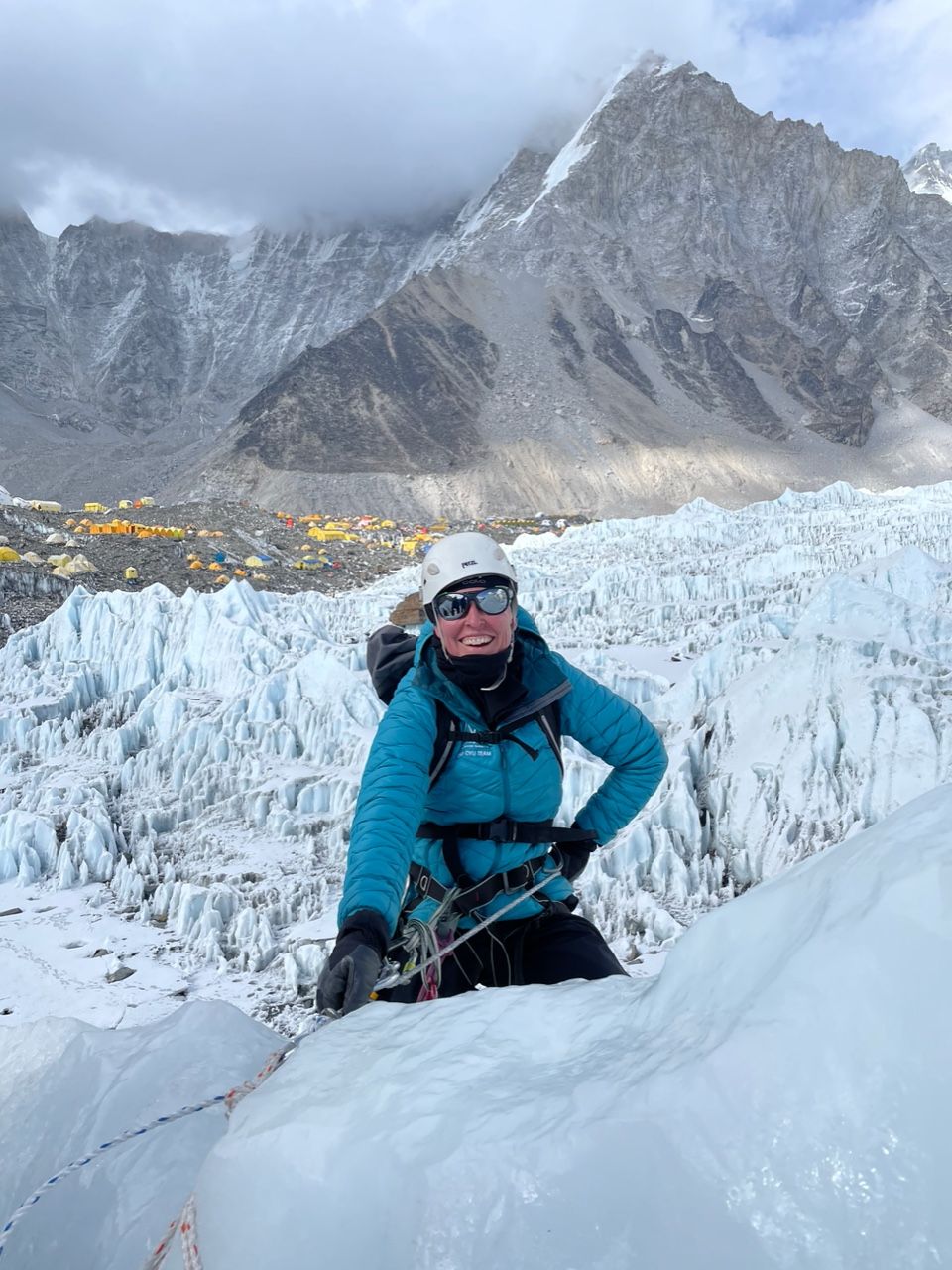
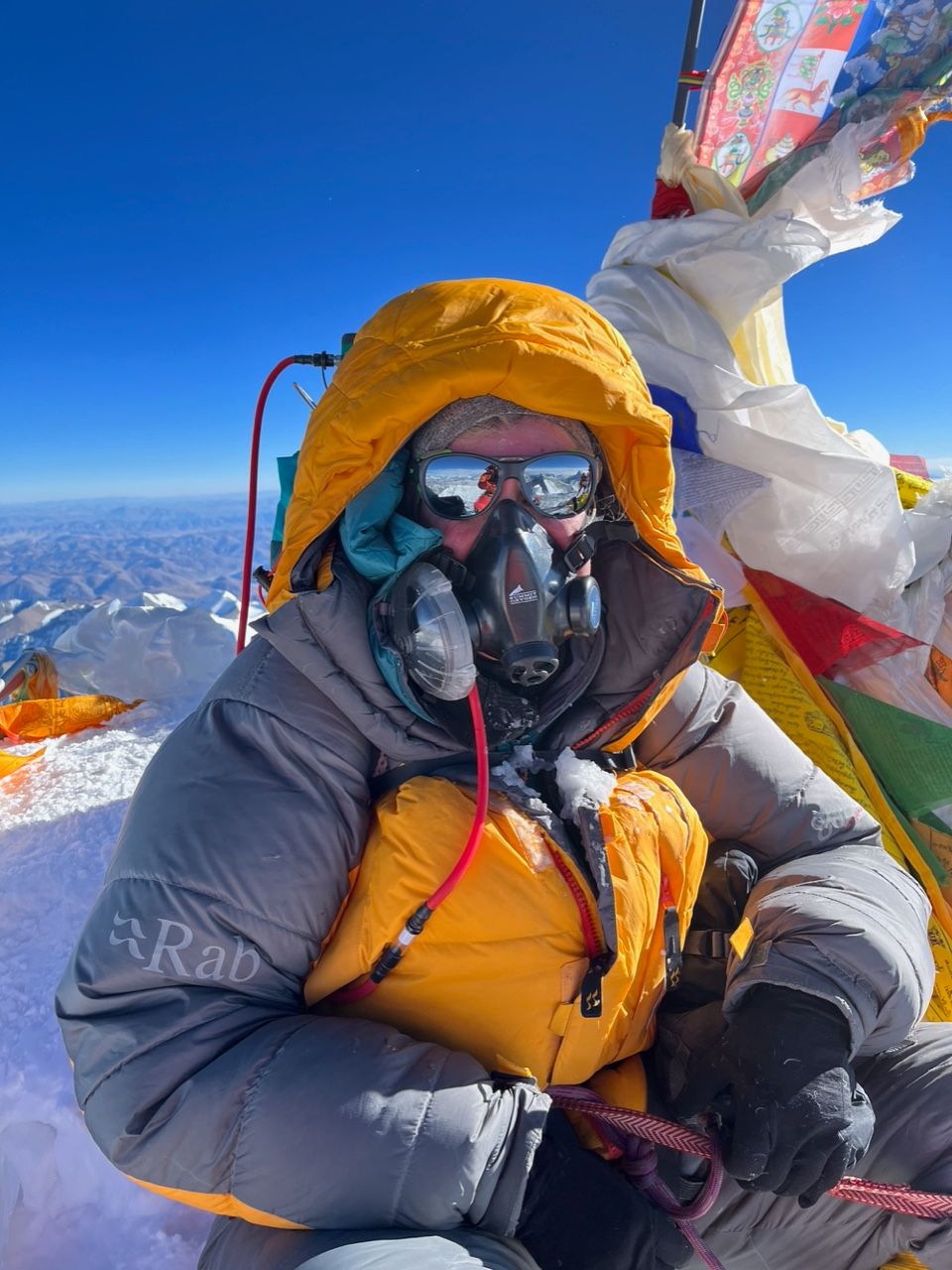
“If you ask any adventurer what adventure gives them, the most common answer is it makes you feel alive. There's something about doing something new, achieving something that's an effort that makes you feel energised and excited, living life to the full. Adventure helps you make the most of the life that you've got in the face of the things you haven't got.”

For Jessica, then, adventuring provides her with excitement, while immersion in nature has helped her heal her relationship with her own body. For Jo, being out in nature is also restorative.
“Sometimes I feel disconnected from society, which can feel very lonely and isolating,” she says. “But getting out into nature connects me in a very deep way and really addresses that balance. So when I'm having a wobble that I don't fit in or I haven't succeeded as a woman or any of those panic years thoughts, nature resets the balance.”
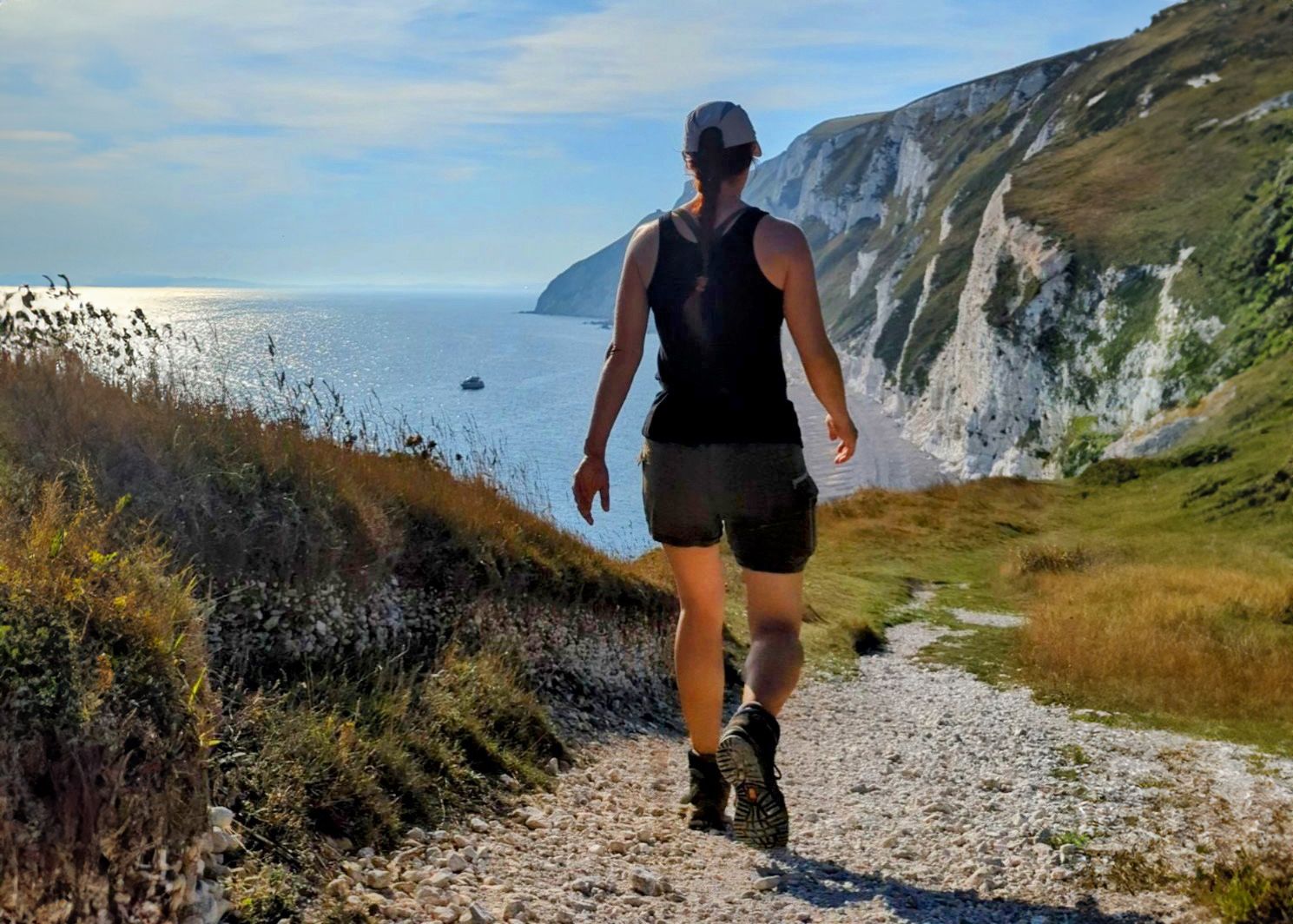
I ask both women what advice they would give to other women going through their panic years.
“Give yourself the space to grieve for what you thought life should have been, or what you wanted,” Jo says. “And then be curious as to what space opens up. Curiosity is so important. If we can get curious about our lives we can be the owner instead of the victim. If we can take a step back and live life on our own terms, that is hugely empowering.”
When I'm having a wobble that I don't fit in or I haven't succeeded as a woman or any of those panic years thoughts, nature resets the balance
Jessica believes that it’s important to switch your focus away from the parts of life you can’t control, and instead focus on other ways to be happy.
“I lost a decade of my life to ‘project baby’. Then I realised that I had lost sight of ‘project me’,” she says. “My advice is don't lose sight of ‘project you’ in the face of whatever you're panicking about.
“Adventure enables you to live in that limbo of uncertainty - that’s why it is so life changing. People tell you it’s all about the journey, and it doesn’t matter about the destination, but that’s not true - the destination really matters in an adventure. But the destination isn’t always going to be the top of the mountain. It might not always be a baby. But there will be a destination. And the exciting thing is not knowing what that is, or how you will have changed by the time you get there.”
- Jessica's latest book, Save Me From the Waves: An Adventure From Sea to Summit, about her Everest climb, is available now.
Inspired to live more adventurously? Check out our Epic Adventures across the world.


